
-
-
-
Advance your career
In 3-9 months, gain the skills to break into a new career or take your career to the next level.
10th
View allADVANCED MANAGEMENT PROGRAMME (MANUFACTURING AND OPERATIONS)
View allAGNIVEER MR
View allAGNIVEER SSR
View allALLAHABAD HC RO/ARO
View allAnthropology (B.Sc Anthropology)
View allArtificial Intelligence
View allASSOCIATION OF CHARTERED CERTIFIED ACCOUNTANTS [ACCA]
View allB.A (Hons.) Business Economics
View allB.A Geography
View allB.A Hons (English)
View allB.A. - Public Administration
View allB.A. Economics
View allB.A. English
View allB.A. in Fashion and Textile Design
View allB.A. in Jewellery and Accessory Design
View allB.A. in Political Science
View allB.A. in Visual Communication
View allB.A. Journalism and Mass Communication
View allB.A. LLB
View allB.Com (Hons.)
View allB.Ed or Bachelor of Education
View allB.Ed or Bachelor of Education in Physical Science
View allB.Sc - Computer Science
View allB.Sc - Electronics
View allB.Sc - Forensic Science
View allB.Sc - Genetics
View allB.Sc - Geology
View allB.Sc - Home Science
View allB.Sc - Horticulture
View allB.Sc - Life Sciences
View allB.Sc - Microbiology
View allB.Sc - Statistics
View allB.Sc - Zoology
View allB.Sc in Animation
View allB.Sc in Physiology
View allB.Sc LLB (B.Sc LLB)
View allB.Sc. (Hons.) Chemistry
View allB.Sc. (Hons.) Computer Science
View allB.Sc. (Hons.) Mathematics
View allB.Sc. (Hons.) Physics
View allB.Sc. Agriculture
View allB.Sc. Biochemistry
View allB.Sc. Biotechnology
View allB.Sc. Nursing
View allB.Tech - Automobile Engineering
View allB.Tech - Biochemical Engineering
View allB.Tech - Ceramic Engineering
View allB.Tech - Genetic Engineering
View allB.Tech - Instrumentation Engineering
View allB.Tech - Mechatronics Engineering
View allB.Tech - Mining Engineering
View allB.Tech - Production Engineering
View allB.Tech - Telecommunication Engineering
View allB.Tech - Textile Engineering
View allB.Tech : Mechanical Engineering
View allB.Tech-Artificial Intelligence
View allB.Tech-Chemical Engineering
View allB.Tech-Civil Engineering
View allB.Tech-Computer Science Engineering
View allB.Tech-Electrical Engineering
View allB.Tech-Electronics and Communications Engineering
View allB.Tech-Mechanical Engineering
View allBA LLB (BA LLB)
View allBachelor of Accounting and Finance (BAF)
View allBachelor of Audiology & Speech Language Pathology (BASLP)
View allBachelor of Banking & Insurance (BBI)
View allBachelor of Business Administration (BBA)
View allBachelor of Computer Applications (BCA)
View allBachelor of Design (B.Des)
View allBachelor of Education (B.Ed)
View allBachelor of Education (B.Ed) in History
View allBachelor of Education (B.Ed) Psychology
View allBachelor of Education (BE.d) English
View allBachelor of Education (BEd) Commerce
View allBachelor of Education (BEd) in Physical Education
View allBachelor of Education in Hindi
View allBachelor of Education in Tamil [B.Ed] (Tamil)
View allBachelor of Elementary Education (B.El.Ed)
View allBachelor of Financial Markets (BFM)
View allBachelor of Fine Arts
View allBachelor of Management Studies (BMS)
View allBachelor of Mass Communication (BMC)
View allBachelor of Mass Media (BMMC)
View allBachelor of Multimedia Communication (BMMC)
View allBachelor of Optometry
View allBachelor of Optometry (BOPTM)
View allBachelor of Physical Education (B.P.Ed)
View allBachelor of Tourism and Travel Management (BTTM)
View allBachelor of Visual Communication (B.V.C)
View allBachelor of Visual Communication (BVC)
View allBachelor of Vocation (B.Voc) in Software Development
View allBachelors in Banking and Insurance (BBI)
View allBachelors of Commerce and Bachelor of Legislative Law (B.Com LLB)
View allBBA LLB
View allBEd Political Science
View allBIHAR CGL TEST SERIES
View allBIHAR CIVIL COURT
View allBIHAR DAROGA
View allBIHAR PROHIBITION CONSTABLE
View allBOB PO
View allBOB SO
View allBOI SO
View allBPSC HEAD MASTER
View allBPSC SANITARY & WM
View allBusiness Analytics
View allCANARA BANK PO
View allCAT
View allCAT Exam
View allCBI SO
View allCBSE 5
View allCBSE 7
View allCBSE 1
View allCBSE 11th
View allCBSE 12TH
View allCBSE 2
View allCBSE 3
View allCBSE 4
View allCBSE 6
View allCBSE 8
View allCBSE 9TH
View allCBSE CTET
View allCDS
View allCERTIFICATE IN BUSINESS ANALYTICS
View allCertificate Course in Accounting
View allCertificate Course in Banking
View allCERTIFICATE COURSE IN BANKING
View allCERTIFICATE COURSE IN BUSINESS ANALYTICS
View allCERTIFICATE COURSE IN C++
View allCERTIFICATE COURSE IN COMMUNICATIVE ENGLISH
View allCERTIFICATE COURSE IN COMPUTER APPLICATION [CCA]
View allCertificate Course in Fashion Design
View allCERTIFICATE COURSE IN FINANCIAL ACCOUNTING & TAXATION [CCFAT]
View allCERTIFICATE COURSE IN FRENCH
View allCERTIFICATE COURSE IN FUNCTIONAL ENGLISH
View allCERTIFICATE COURSE IN GERMAN
View allCERTIFICATE COURSE IN INFORMATION TECHNOLOGY
View allCertificate Course in Interior Design
View allCERTIFICATE COURSE IN INTERIOR DESIGN
View allCertificate Course in JAVA
View allCERTIFICATE COURSE IN JAVA
View allCERTIFICATE COURSE IN JOURNALISM
View allCERTIFICATE COURSE IN PHOTOGRAPHY
View allCERTIFICATE COURSE IN PHYSIOTHERAPY
View allCERTIFICATE COURSE IN SPANISH
View allCERTIFICATE COURSE IN SPOKEN ENGLISH
View allCertificate Course in Stock Market
View allCERTIFICATE COURSE IN STOCK MARKET
View allCertificate Course in Tally
View allCERTIFICATE COURSE IN TALLY
View allCERTIFICATE COURSE IN YOGA
View allCertificate courses in C ++
View allCERTIFICATE IN ACCOUNTING
View allCertificate in Animation
View allCERTIFICATE IN ANIMATION
View allCertificate in Auto CAD
View allCERTIFICATE IN AUTO CAD
View allCertificate in CAD
View allCERTIFICATE IN CAD
View allCertificate in Cloud Computing
View allCERTIFICATE IN CLOUD COMPUTING
View allCertificate in Computer Application
View allCERTIFICATE IN COSMETOLOGY
View allCERTIFICATE IN DISASTER MANAGEMENT [CDM]
View allCERTIFICATE IN ENGLISH
View allCERTIFICATE IN HINDI
View allCERTIFICATE IN HUMAN RESOURCES
View allCertificate in Information Technology
View allCERTIFICATE IN INSURANCE SERVICES
View allCERTIFICATE IN LABORATORY TECHNIQUES [CPLT]
View allCERTIFICATE IN PROJECT MANAGEMENT
View allCERTIFICATE IN TOURISM AND TRAVEL MANAGEMENT
View allCERTIFICATE IN WEB DESIGNING
View allCertificate in Web Designing.
View allCERTIFICATE PROGRAM IN SUPPLY CHAIN MANAGEMENT
View allCERTIFICATE PROGRAMME IN SALES AND MARKETING
View allCERTIFIED COURSE IN FOOD AND NUTRITION
View allCERTIFIED FINANCIAL PLANNER [CFP]
View allCHARTERED ACCOUNTANT
View allChartered Financial Analyst
View allchinese
View allCISF CONSTABLE/TRADESMEN
View allCIVIL SERVICES
View allCLAT
View allCLAT EXAMS
View allCloud Computing
View allCOMBINED GEO-SCIENTIST
View allCOMBINED MEDICAL SERVICES
View allContent Writing
View allCraftsmanship Course in Food Production
View allCRPF ASI/HC
View allCRPF CONSTABLE TRADESMAN
View allCRPF SI & ASI
View allCS (Company Secretary)
View allCUET
View allCyber Security
View allD.EL.Ed.
View allData Analytics
View allData Science
View allDigital Marketing
View allDiploma in 3D Animation
View allDiploma in Advertising and Marketing
View allDiploma in Airline, Travel and Tourism Management
View allDiploma in Animation and Multimedia
View allDIPLOMA IN ARCHITECTURE ENGINEERING
View allDIPLOMA IN AUTOMOBILE ENGINEERING
View allDiploma in Bakery and Confectionery
View allDIPLOMA IN BIOMEDICAL ENGINEERING
View allDIPLOMA IN CHEMICAL ENGINEERING
View allDIPLOMA IN CIVIL ENGINEERING
View allDiploma in Communicative English
View allDIPLOMA IN COMPUTER ENGINEERING
View allDIPLOMA IN COMPUTER SCIENCE AND ENGINEERING
View allDIPLOMA IN DENTAL HYGIENIST
View allDIPLOMA IN DENTAL MECHANICS
View allDiploma in education
View allDIPLOMA IN ELECTRICAL & ELECTRONICS ENGINEERING
View allDIPLOMA IN ELECTRICAL ENGINEERING
View allDIPLOMA IN ELECTRONICS ENGINEERING
View allDiploma in elementary education
View allDiploma in Engineering
View allDiploma in Event Management
View allDIPLOMA IN FINE ARTS
View allDiploma in Food and Beverage Services
View allDiploma in Gemology
View allDiploma in Hotel Management (DHM)
View allDiploma in Information Technology
View allDIPLOMA IN INFORMATION TECHNOLOGY
View allDiploma in Interior Designing
View allDiploma in Journalism and Mass Communication (DJMC)
View allDIPLOMA IN MECHANICAL ENGINEERING
View allDIPLOMA IN MECHATRONICS
View allDiploma in Medical Lab Technology
View allDiploma in Medical Laboratory Technology (DMLT)
View allDIPLOMA IN MINING ENGINEERING
View allDiploma in Multimedia
View allDiploma in Nursing
View allDiploma in Nursing Care Assistant (DNCA)
View allDiploma in Nutrition and Dietetics
View allDiploma in Office Management
View allDIPLOMA IN PETROLEUM ENGINEERING
View allDiploma in Photography
View allDiploma in Physiotherapy
View allDIPLOMA IN PRODUCTION ENGINEERING
View allDiploma in Radiological Technology
View allDiploma in Rural Healthcare
View allDiploma in Scriptwriting/Creative Writing
View allDiploma in Sound Recording
View allDiploma in Travel & Tourism
View allDiploma in Visual Merchandising
View allDiploma in X-Ray Technician
View allEmail-Marketing
View allEPFO
View allFashion Designer
View allFCI MANAGEMENT TRAINEE
View allFEDERAL BANK PO
View allFull-Stack Developer
View allGATE
View allGraphic Design
View allHARCO BANK
View allHPSC PGT
View allHSSC Canal Patwari
View allHSSC GRAM SACHIV
View allIB SA/EXE & MTS/GEN
View allIBPS CLERK
View allIBPS PO
View allIBPS RRB OFFICE ASSISTANT
View allIBPS RRB OFFICER SCALE 1
View allIBPS SO Exam
View allIBPS Specialist Officer Exams
View allICAR
View allIIBF JE
View allINDIAN AIRFORCE APPRENTICE
View allINDIAN BANK COST GUARD (GD/DB)
View allINDIAN BANK PO
View allINDIAN BANK SO
View allINDIAN ECONOMIC SERVICE
View allINDIAN ER.SERVICES
View allINDIAN FOREST SERVICE
View allINDIAN NAVY AA/SSR
View allIPPB
View allJH POLICE RO
View allJK BANK PO
View allJK POLICE CONSTABLE
View allJob Oriented
View allJSSC EXCISE AND PROHIBITION
View allKG
View allLAKHSMI VILAS BANK PO
View allLDCE
View allLIC AAO
View allLIC ADO
View allLIC HFL
View allLL.M - Criminal Law
View allLL.M - Cyber Law
View allLL.M - International Law
View allLL.M - Labour Law
View allM.A. - Public Administration
View allM.A. in Economics
View allM.A. in English
View allM.A. Political Science
View allM.A. Rural Development
View allM.A.in History
View allM.Sc - Geoinformatics
View allMachine Learning
View allMaster of Education (M.Ed)
View allMaster of Law (LL.M)
View allMaster of Mass Communication (MMC)
View allMasters in Journalism and Mass Communication (MJMC)
View allMasters of Business Administration (MBA)
View allMAT
View allMBA - Communication Management
View allMBA - Customer Relationship Management (MBA CRM)
View allMBA - Environmental Management
View allMBA - Healthcare & Hospital Management
View allMBA - Hospitality Management
View allMBA - Logistics and Supply Chain Management
View allMBA - Materials Management
View allMBA - Media Management
View allMBA - Natural Resource Management
View allMBA - Operations Management
View allMBA - Project Management
View allMBA - Retail Management
View allMBA - Risk Management
View allMBA - Rural Development Management
View allMBA - Sales Management
View allMBA - Sports Management
View allMBA - Sustainable Management
View allMBA - Technology Management
View allMBA-Finance
View allMBA-Hr
View allMBA-Insurance
View allMBA-IT
View allMBA-Marketing
View allMCM: Masters of Computer Management
View allMP PATWARI
View allMP PSC
View allMP TET
View allMPPSC FOREST SERVICE
View allNAINITAL BANK
View allNDA & NA
View allNIOS 10
View allNIOS 11
View allNIOS 12
View allNIOS D.EL.ED.
View allNTPC CBT
View allOICL RECRUITMENT
View allOSSSC RECRUITMENT
View allPATNA HC STENO
View allPGP - Tax Management
View allPost Graduate Diploma in Technical Writing
View allProgramming
View allProject Management
View allRBI ASSISTANT
View allRBI Grade B Exam
View allRRB ASSISTANT LOCO PILOT
View allRRB Group D.
View allRSCB
View allRSMSSB COMPUTOR
View allRSMSSB FOREST GUARD
View allRSMSSB INFORMATICS ASSISTANT
View allRSMSSB JE
View allRSMSSB LAB TECH
View allRSMSSB LIB
View allRSMSSB PATWARI
View allRSMSSB PHARMACIST
View allSBI Clerk
View allSBI Clerk 2024
View allSBI PO
View allSIDBI GRADE A
View allSIDBI GRADE B
View allSocial Media Marketing
View allSoft Skills
View allSoftware Development.
View allSSC SELECTION POST
View allUIIC ASSISTANT
View allUPPSC ASST.PRO
View allUPPSC NURSE
View allUPPSC PROGRAMMER
View allUPSSSC ATA
View allUPSSSC INSTRUCTOR
View allUPSSSC VDO
View allVCBL PO
View allWealth Management
View allWeb Designing
View allXAT
View allDiploma in Cosmetology
View all
-
-
-
Advance your career
In 3-9 months, gain the skills to break into a new career or take your career to the next level.
-
-
-
Advance your career
In 3-9 months, gain the skills to break into a new career or take your career to the next level.
-
-
-
Advance your career
In 3-9 months, gain the skills to break into a new career or take your career to the next level.
Arts And Humanities.
No courses found
Business
View allCertificate
View allComputer Science
No courses found
Graphic Design
No courses found
Health
No courses found
Information Technology
View allLanguage Learning
No courses found
Math And Logic
No courses found
Physical Science And Engineering
No courses found
Social Science
No courses found
Soft Skills
No courses found
-
-
-
Find your new career
Breakthrough pricing on 100% online degrees designed to fit into your life.
CERTIFICATE IN ANIMATION
No subjects found
Get started
-
-
-
Find your new career
Breakthrough pricing on 100% online degrees designed to fit into your life.
CERTIFICATE COURSE IN COMMUNICATIVE ENGLISH
No subjects found
CERTIFICATE COURSE IN FRENCH
No subjects found
CERTIFICATE COURSE IN FUNCTIONAL ENGLISH
No subjects found
CERTIFICATE COURSE IN GERMAN
No subjects found
CERTIFICATE COURSE IN SPANISH
No subjects found
CERTIFICATE COURSE IN SPOKEN ENGLISH
No subjects found
CERTIFICATE IN ENGLISH
No subjects found
CERTIFICATE IN HINDI
No subjects found
CERTIFICATE IN INSURANCE SERVICES
No subjects found
DIPLOMA IN FINE ARTS
No subjects found
Get started
-
-
-
Find your new career
Breakthrough pricing on 100% online degrees designed to fit into your life.
No courses found
Get started
-
-
-
Find your new career
Breakthrough pricing on 100% online degrees designed to fit into your life.
Certificate Course In Accounting
No subjects found
Certificate Course In Banking
No subjects found
Certificate Course In Interior Design
No subjects found
Certificate Course In Stock Market
No subjects found
Certificate Course In Tally
No subjects found
Get started
-
-
-
Find your new career
Breakthrough pricing on 100% online degrees designed to fit into your life.
Certificate Course In Fashion Design
No subjects found
Certificate In Auto CAD
No subjects found
Certificate In CAD
No subjects found
Chinese
No subjects found
Get started
-
Goals
Departments
-
CIVIL SERVICES
Competitive |
CIVIL SERVICES
The Civil Services Examination (CSE) is conducted by the Union Public Service Commission (UPSC) in India to select candidates for various prestigious government positions, such as Indian Administrative Service (IAS), Indian Police Service (IPS), Indian Foreign Service (IFS), and other central government services.

Runali Deb Roy
Last Update : 13 Jun 2023
Course Overview
The Civil Services Examination (CSE) is conducted by the Union Public Service Commission (UPSC) in India to select candidates for various prestigious government positions, such as Indian Administrative Service (IAS), Indian Police Service (IPS), Indian Foreign Service (IFS), and other central government services.
The CSE is known for its comprehensive and vast syllabus, which covers a wide range of subjects and topics. The course overview for the Civil Services Exam 2023 includes the following:
Preliminary Examination (Objective Type):
General Studies Paper-I: Current events, history, geography, polity, economy, science and technology, environment, etc.
General Studies Paper-II (CSAT): Comprehension, logical reasoning, analytical ability, basic numeracy, etc.
Main Examination (Descriptive Type):
Paper-I: Essay
Paper-II: General Studies-I
Paper-III: General Studies-II
Paper-IV: General Studies-III
Paper-V: General Studies-IV
Paper-VI: Optional Subject (Paper 1)
Paper-VII: Optional Subject (Paper 2)
Personality Test (Interview): Candidates who qualify the Main Examination are called for a personal interview to assess their suitability for a career in civil services. The interview panel evaluates the candidate's knowledge, communication skills, critical thinking, and personality traits.
The Civil Services Exam demands extensive preparation and a deep understanding of various subjects. Candidates are required to stay updated with current affairs and develop strong analytical and writing skills. It is also important to choose optional subjects wisely and focus on time management and exam strategy.
Please note that the specific syllabus and exam pattern for the Civil Services Exam may vary from year to year, so it is recommended to refer to the official UPSC website or notification for the most accurate and up-to-date information.
What You'll learn
- General Studies: This includes a comprehensive understanding of various subjects like history, geography, polity, economy, science and technology, environment, current affairs, and social issues.
- Essay Writing: You will learn effective essay writing techniques, developing coherent arguments, structuring essays, and expressing ideas concisely.
- Optional Subject: As per your choice, you will study in-depth concepts, theories, and practical applications of the optional subject you choose. Examples of optional subjects include literature, public administration, sociology, geography, political science, etc.
- Current Affairs: Staying updated with current affairs is crucial for the Civil Services Exam. You will learn to analyze and understand national and international events, government policies, socio-economic developments, and their impact on various sectors.
- Problem Solving and Decision Making: The exam requires critical thinking and problem-solving skills. You will learn how to approach complex problems, evaluate multiple perspectives, and make informed decisions.
- Communication Skills: Effective communication is essential in civil services. You will learn to express your thoughts clearly, present arguments convincingly, and articulate ideas during the interview stage.
- Ethics and Integrity: The Civil Services Exam emphasizes ethical conduct and integrity. You will learn about ethical principles, moral dilemmas, and decision-making in the public service.
- Time Management and Exam Strategy: Managing time efficiently and developing effective exam strategies are crucial for success. You will learn techniques to prioritize tasks, allocate time for different sections, and optimize your performance.
Course Content
- History: Ancient, Medieval, Modern, World History
- Geography: Physical, Economic, Social, and World Geography
- Polity: Constitution, Governance, Public Administration
- Economy: Indian Economy, Economic Development, International Trade
- Science and Technology: General Science, Current Developments
- Environment and Ecology: Biodiversity, Climate Change, Environmental Issues
- Social Issues: Poverty, Education, Health, Gender, Human Rights
- National and International Events
- Government Policies and Initiatives
- Economic and Social Development
- Science and Technology Advancements
- Environment and Ecology Issues
- Sports, Awards, and Recognitions
- Essay Writing Techniques
- Developing Arguments and Counter-arguments
- Structuring and Organizing Essays
- Articulating Ideas and Expressing Thoughts Clearly
- In-depth study of the chosen optional subject (e.g., History, Geography, Public Administration, Sociology, etc.)
- Detailed understanding of concepts, theories, and applications related to the chosen subject
- Ethical Theories and Philosophies
- Moral and Ethical Dilemmas
- Values, Ethics, and Governance in Public Service
- Case Studies on Ethical Issues
- Verbal and Non-verbal Reasoning
- Analytical and Critical Thinking
- Data Interpretation and Analysis
- Decision Making and Problem-Solving
- Comprehension Skills
- Vocabulary and Grammar
- Reading and Comprehending Complex Texts
APPLICATION PROCESS OF UPSC CIVIL SERVICES EXAM 2023
The application process for the UPSC Civil Services Exam 2023 generally involves the following steps:
Online Registration: Visit the official UPSC website (www.upsc.gov.in) and navigate to the "Civil Services Examination" section. Click on the link for the application form and proceed with the online registration process. Fill in the required personal, educational, and contact details.
Payment of Application Fee: After completing the registration, pay the prescribed application fee through the available online payment modes. The fee amount may vary for different categories (general, OBC, SC/ST, female candidates, etc.).
Selection of Exam Centers: Choose the preferred examination center from the list of available options. The examination centers are usually located across various cities in India.
Upload Documents: Upload scanned copies of your photograph, signature, and other required documents as specified in the application form. Ensure that the uploaded documents meet the specified size and format requirements.
Preview and Submission: Review all the details entered in the application form before final submission. Make any necessary corrections if required. Once you are satisfied with the entered information, submit the application form.
Print Application Form: After successful submission, download and print the application form for future reference. It is advised to keep a copy of the filled application form and payment receipt.
It is important to note that the specific details and instructions for the application process may be provided in the official UPSC notification for the Civil Services Exam 2023. Candidates are advised to thoroughly read the notification and follow the instructions provided by UPSC.
UPSC CIVIL SERVICES EXAMINATION NUMBER OF ATTEMPTS
For the UPSC Civil Services Examination, the number of attempts allowed varies depending on the category of the candidate. Here are the details:
General Category: Candidates belonging to the General category can attempt the UPSC Civil Services Exam a maximum of six times.
OBC Category: Candidates belonging to the Other Backward Classes (OBC) category can attempt the exam a maximum of nine times.
SC/ST Category: Candidates belonging to the Scheduled Caste (SC) and Scheduled Tribe (ST) categories can make unlimited attempts until they reach the upper age limit.
PwD Category: Candidates belonging to the Persons with Benchmark Disability (PwD) category can attempt the exam a maximum of nine times for the General and OBC categories. There is no restriction on the number of attempts for SC/ST candidates with a benchmark disability.
EWS Category: From the 2020 exam cycle onwards, the Economically Weaker Sections (EWS) category has been introduced. EWS candidates will have the same number of attempts as General category candidates, i.e., six attempts.
It's important to note that the number of attempts is counted from the year a candidate first appears in the examination. Any partial attempt (such as appearing in only one paper) is also counted as an attempt. Candidates should carefully consider their eligibility and plan their attempts accordingly.
- Duration 12 Months
- Level Beginner
- Lectures 12 Lectures
- Language English
- Enrolled 100+ Enrolled
- Recorded Video 45
- Notes 67
- MCQs 45
- PPTs 56
- Live Test Series 56
- E-Book 200
Related Courses
-
CRPF ASI/HC
Price Rs. 6999.00 -
RSMSSB FOREST GUARD
Price Rs. 6999.00 -
JSSC EXCISE AND PROHIBITION
Price Rs. 6999.00
SELECTION PROCESS FOR UPSC CIVIL SERVICES EXAMINATION 2023
The selection process for the UPSC Civil Services Examination 2023 consists of three stages:
Preliminary Examination: The first stage is the Preliminary Examination, also known as the Civil Services Prelims. It is an objective-type exam comprising two papers: General Studies (Paper-I) and Civil Services Aptitude Test (CSAT) (Paper-II). The Preliminary Examination serves as a screening test, and the marks obtained in this stage are not counted for the final merit list. Candidates who qualify the Prelims are eligible to appear for the Main Examination.
Main Examination: The second stage is the Main Examination, which is a written examination consisting of nine papers. The papers include Essay, General Studies (four papers), Optional Subject (two papers), and two language papers (qualifying in nature). The Main Examination is descriptive in nature and evaluates the candidate's comprehensive knowledge and analytical skills. The marks obtained in the Main Examination, along with the Interview, are considered for the final selection.
Personal Interview (Personality Test): The third and final stage is the Personal Interview, also known as the Personality Test. Candidates who qualify the Main Examination are shortlisted for the Interview based on their performance and merit. The Interview assesses the candidate's personality traits, communication skills, leadership qualities, and overall suitability for a career in civil services. The Interview carries a significant weightage in the final selection process.
It's important to note that the marks obtained in the Main Examination and the Interview are considered for the final merit list. The Preliminary Examination is a qualifying stage, and candidates need to secure the minimum qualifying marks to proceed to the Main Examination. The final selection of candidates is based on their overall performance in the Main Examination and the Interview, subject to fulfilling the eligibility criteria and medical standards set by the UPSC.

Course structure
1
1. General Studies:
- History: Ancient, Medieval, Modern, World History
- Geography: Physical, Economic, Social, and World Geography
- Polity: Constitution, Governance, Public Administration
- Economy: Indian Economy, Economic Development, International Trade
- Science and Technology: General Science, Current Developments
- Environment and Ecology: Biodiversity, Climate Change, Environmental Issues
- Social Issues: Poverty, Education, Health, Gender, Human Rights
2
2. Current Affairs:
- National and International Events
- Government Policies and Initiatives
- Economic and Social Development
- Science and Technology Advancements
- Environment and Ecology Issues
- Sports, Awards, and Recognitions
3
3. Essay Writing:
- Essay Writing Techniques
- Developing Arguments and Counter-arguments
- Structuring and Organizing Essays
- Articulating Ideas and Expressing Thoughts Clearly
4
4. Optional Subjects:
- In-depth study of the chosen optional subject (e.g., History, Geography, Public Administration, Sociology, etc.)
- Detailed understanding of concepts, theories, and applications related to the chosen subject
5
5. Ethics and Integrity:
- Ethical Theories and Philosophies
- Moral and Ethical Dilemmas
- Values, Ethics, and Governance in Public Service
- Case Studies on Ethical Issues
6
6. Logical Reasoning and Analytical Ability:
- Verbal and Non-verbal Reasoning
- Analytical and Critical Thinking
- Data Interpretation and Analysis
- Decision Making and Problem-Solving
7
7. Language Comprehension:
- Comprehension Skills
- Vocabulary and Grammar
- Reading and Comprehending Complex Texts
Start Learning Today
Financial aid available
- Taught by top companies and universities
- Affordable programs
- Apply your skills with hands-on projects
- Learn on your own schedule
- Course videos and readings
- Graded quizzes and assignments
- Shareable Certificate upon completion
12 Lessons
100 Seats
12 Months
CIVIL SERVICES
12 Lessons
100 Seats
12 Months
CIVIL SERVICES
12 Lessons
100 Seats
12 Months
CIVIL SERVICES
12 Lessons
100 Seats
12 Months
CIVIL SERVICES
12 Lessons
100 Seats
12 Months
CIVIL SERVICES
Frequently Asked Questions
The Civil Service Exam is a highly competitive examination conducted by the Union Public Service Commission (UPSC) to recruit candidates for various prestigious civil services positions in the Indian government, including the Indian Administrative Service (IAS), Indian Police Service (IPS), Indian Foreign Service (IFS), and others.
The eligibility criteria for the Civil Service Exam 2023 include educational qualifications, age limits, and nationality requirements. Generally, candidates must hold a bachelor's degree from a recognized university and must be between 21 and 32 years of age (relaxation in age limits for reserved categories). The detailed eligibility criteria can be found in the official notification issued by the UPSC.
Candidates can apply for the Civil Service Exam 2023 through the online application process on the official website of the UPSC. The notification and application details will be available on the UPSC website when the examination is announced. Candidates need to fill out the application form, upload necessary documents, and pay the application fee as per the instructions provided.
The Civil Service Exam 2023 consists of two stages: the Preliminary Examination (Prelims) and the Main Examination (Mains). The Prelims comprise two objective-type papers, while the Mains include written papers and an interview. The detailed exam pattern, including the number of papers, marks distribution, and time duration, will be specified in the official notification.
Yes, there is negative marking in the Preliminary Examination. For each incorrect answer, one-third (0.33) of the marks assigned to that question will be deducted as a penalty.
Preparation for the Civil Service Exam requires a comprehensive and strategic approach. It is recommended to study the relevant subjects thoroughly, refer to standard textbooks, follow current affairs regularly, practice mock tests and previous years' question papers, and join coaching institutes or online courses for guidance. Time management, self-discipline, and consistency are crucial for effective preparation.
The UPSC provides a list of optional subjects from which candidates can choose one subject for the Main Examination. However, certain restrictions and guidelines are specified by the Commission, and candidates must ensure they fulfill the eligibility criteria and follow the guidelines while selecting an optional subject.
The final selection is made based on the candidate's performance in the Main Examination (written papers) and the Interview (Personality Test). The marks obtained in the Main Examination and the Interview are considered for the final merit list, which determines the rank and selection of candidates for various civil services positions.





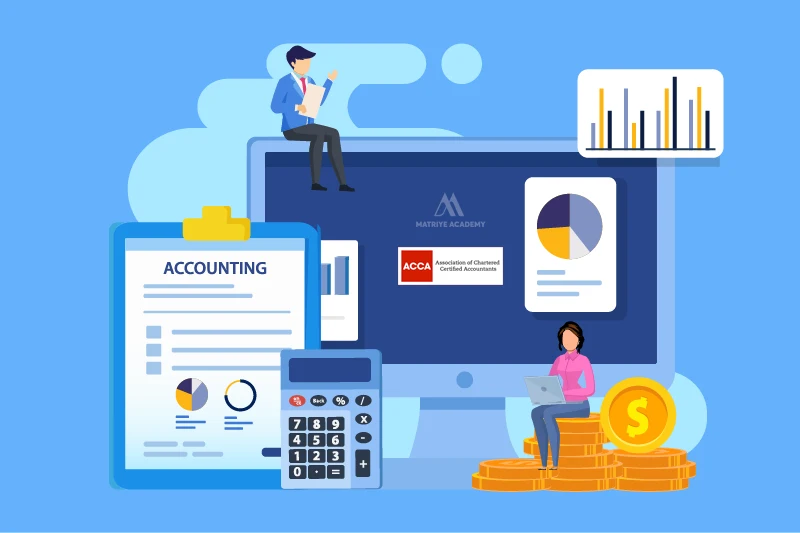
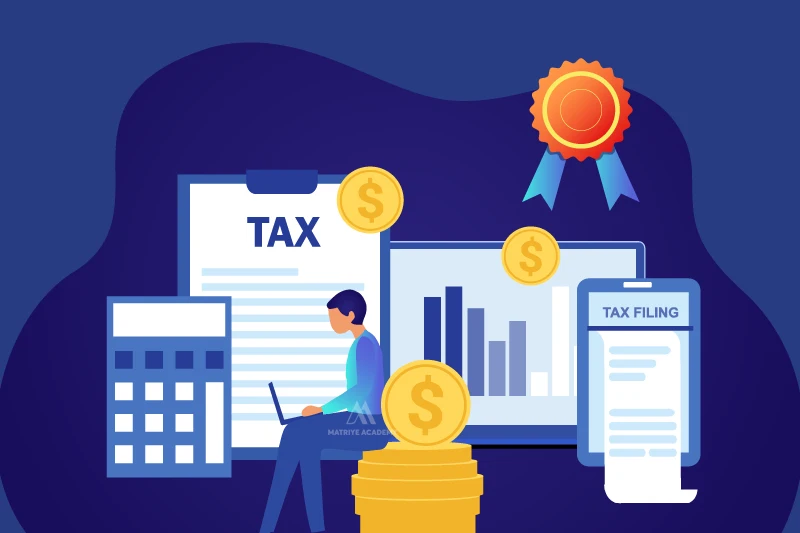
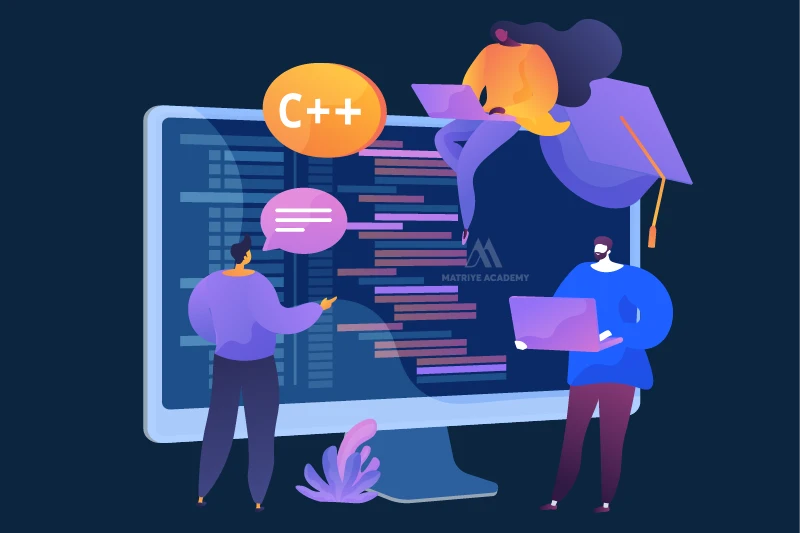
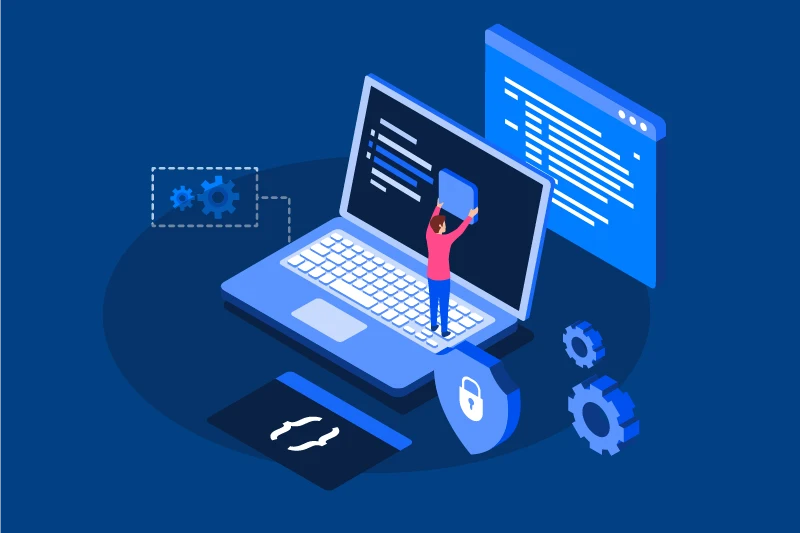
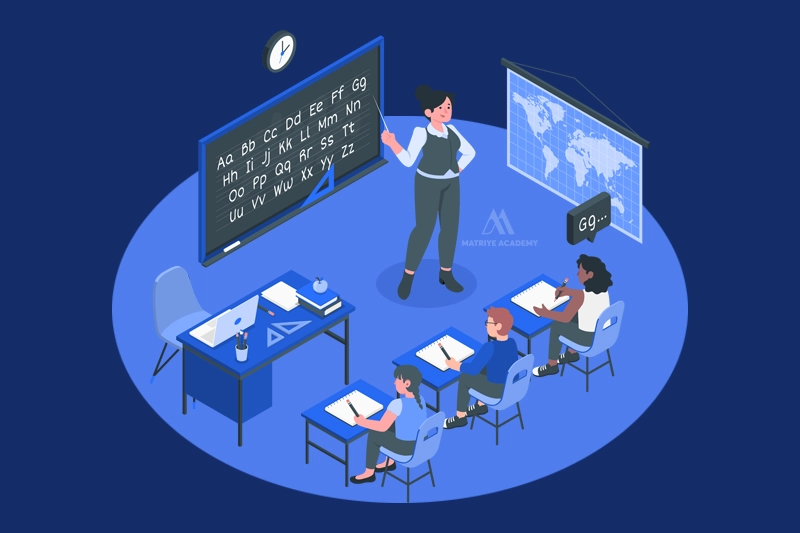
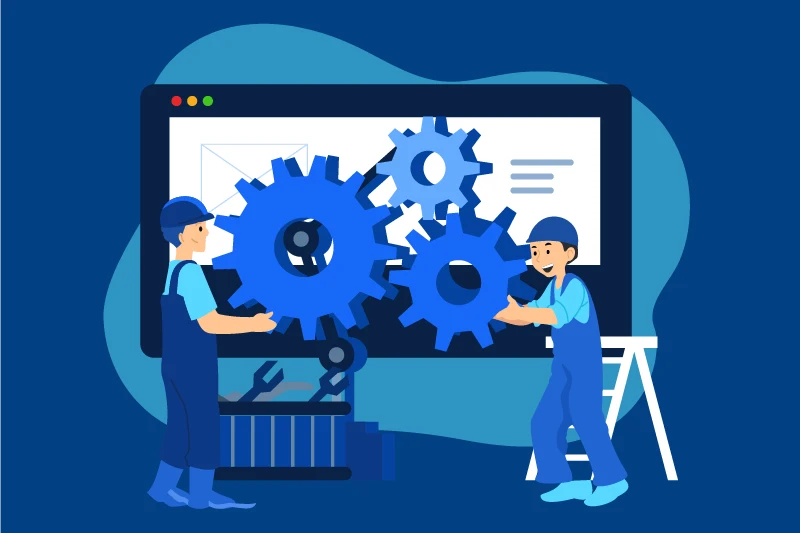


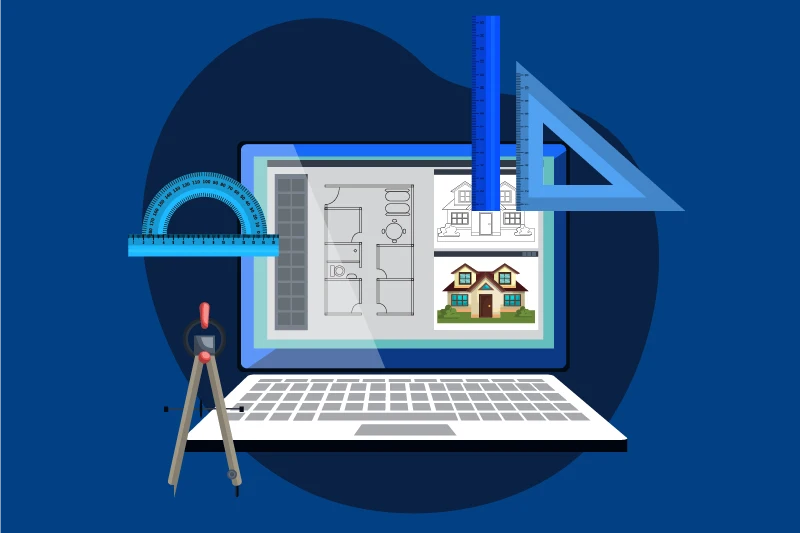
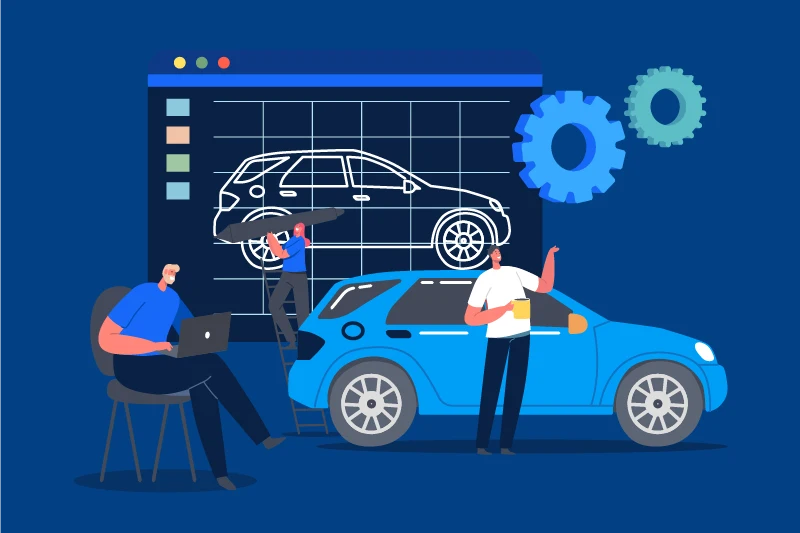



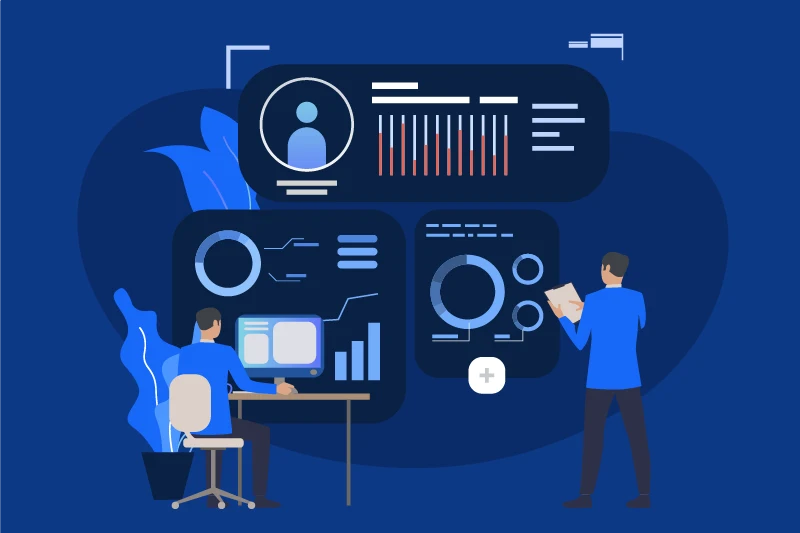
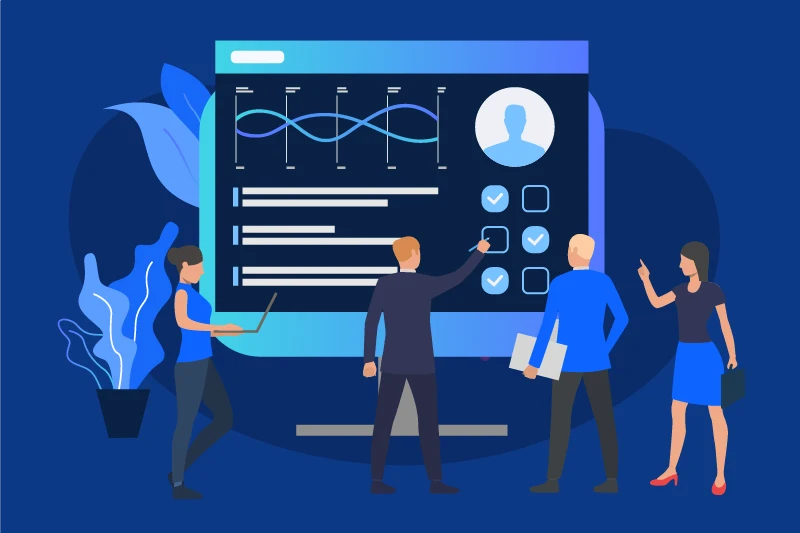





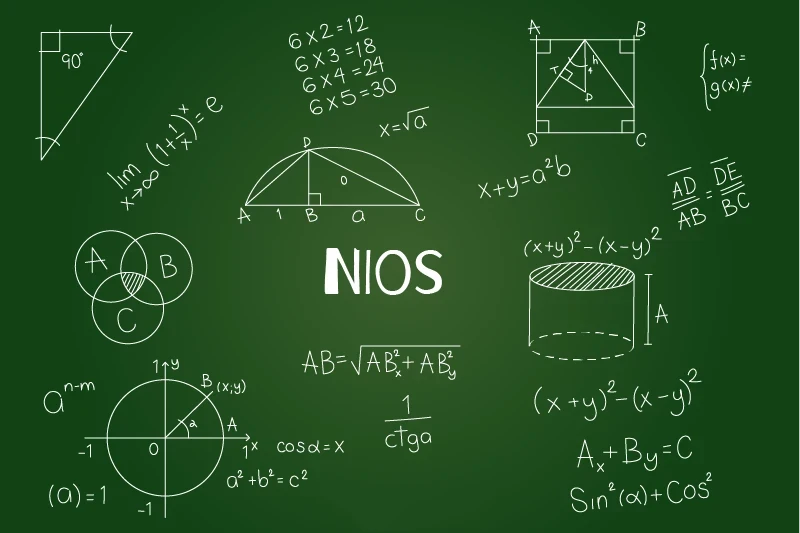


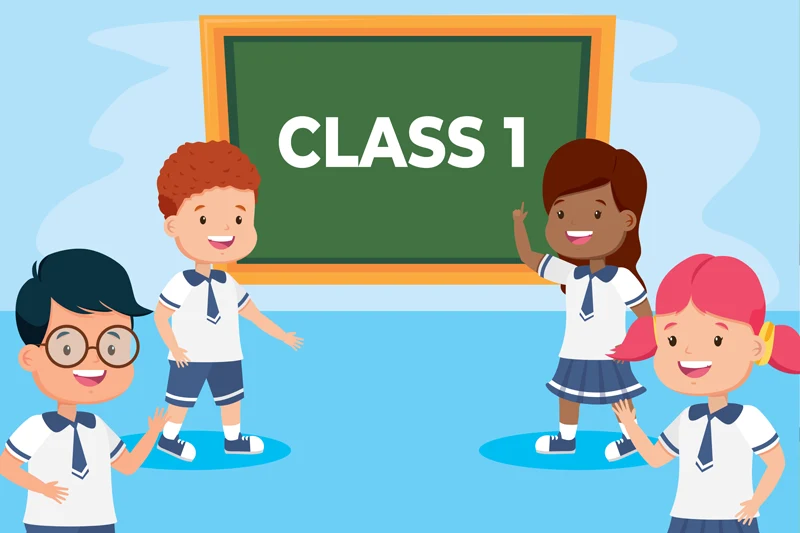

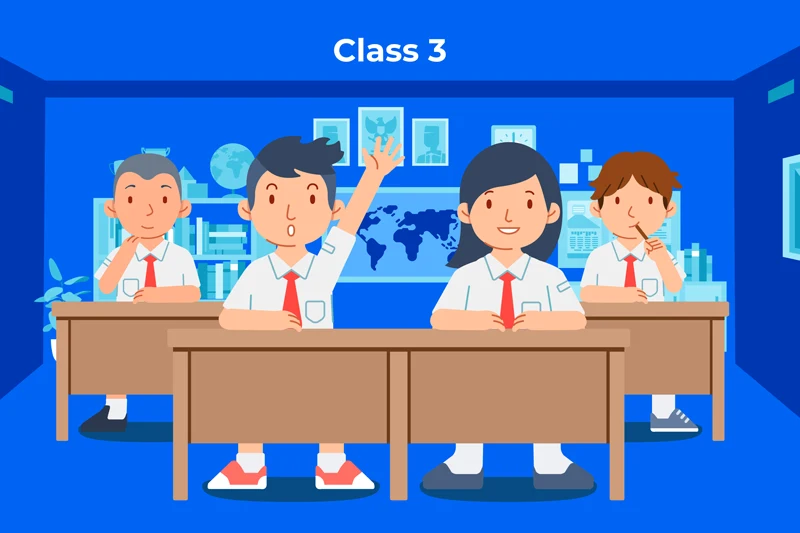
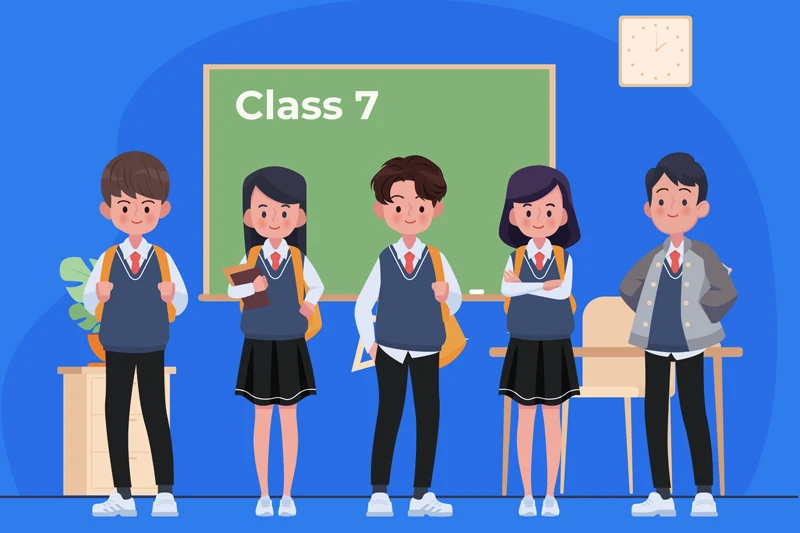

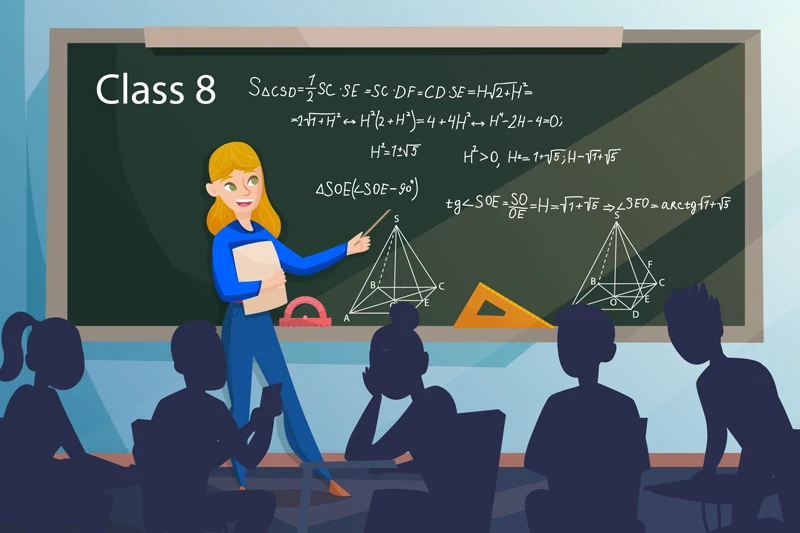




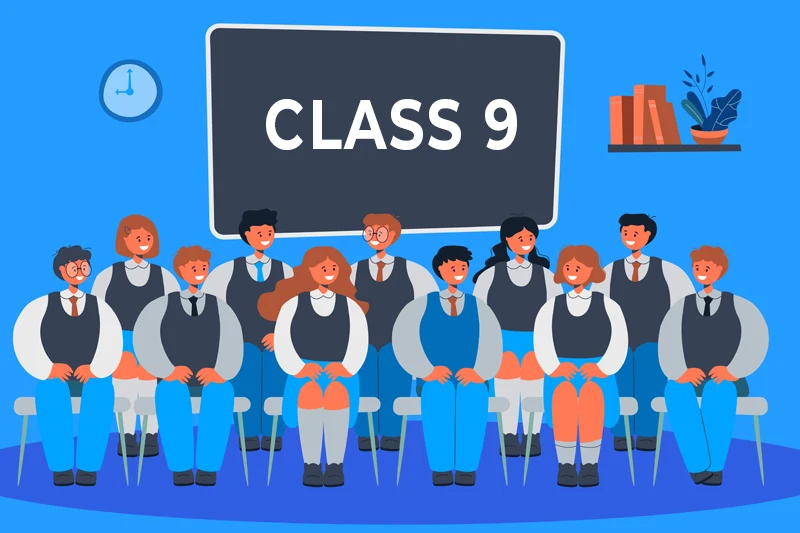
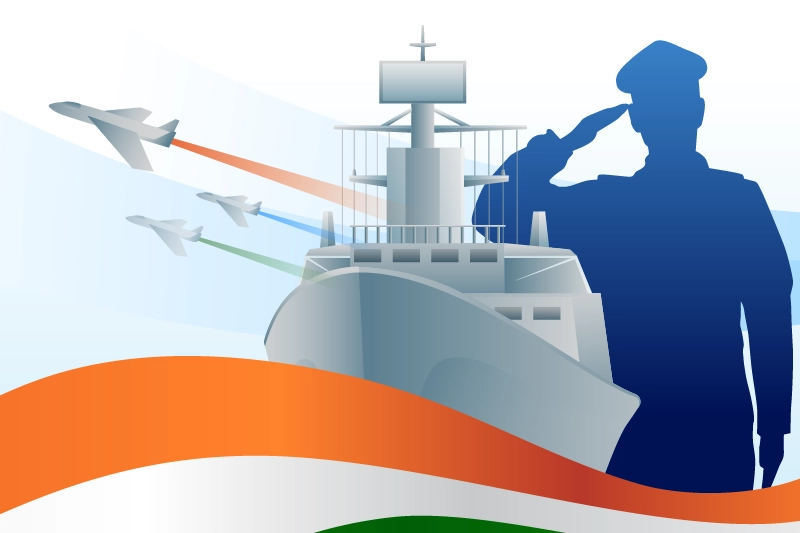
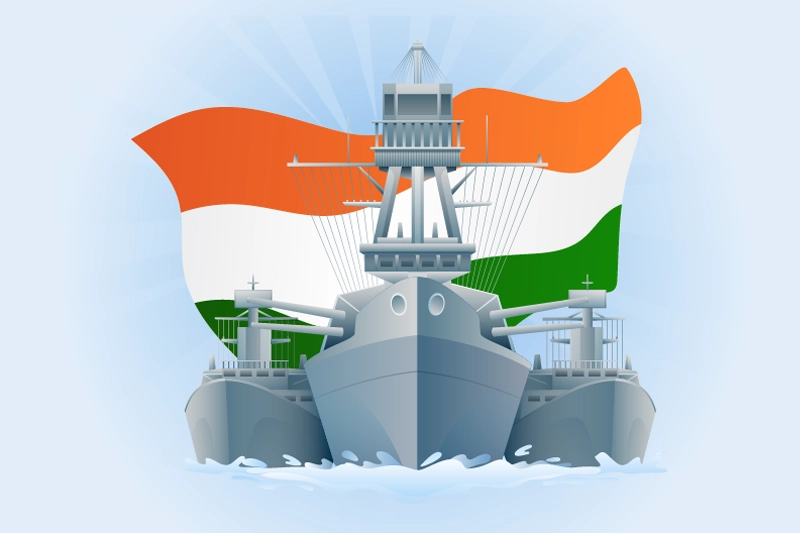



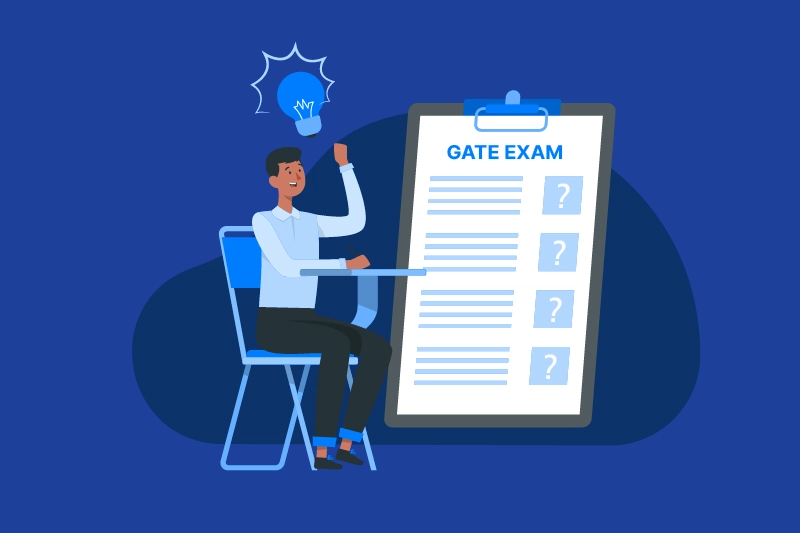
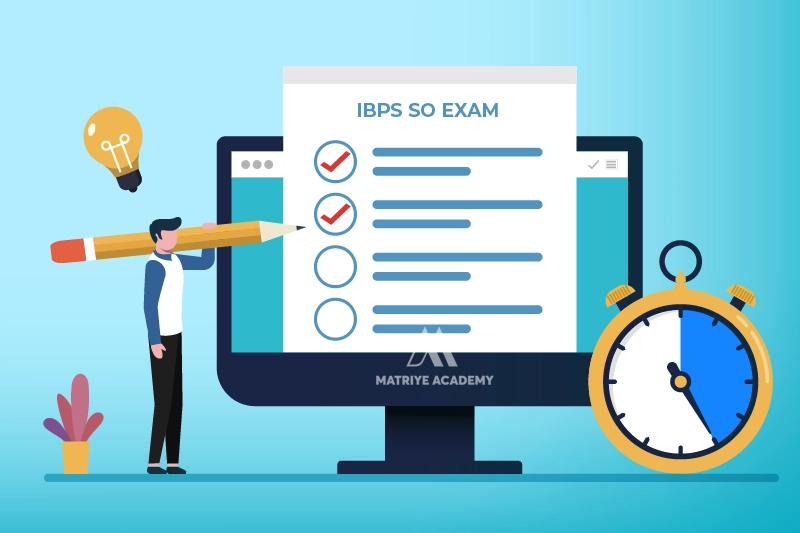
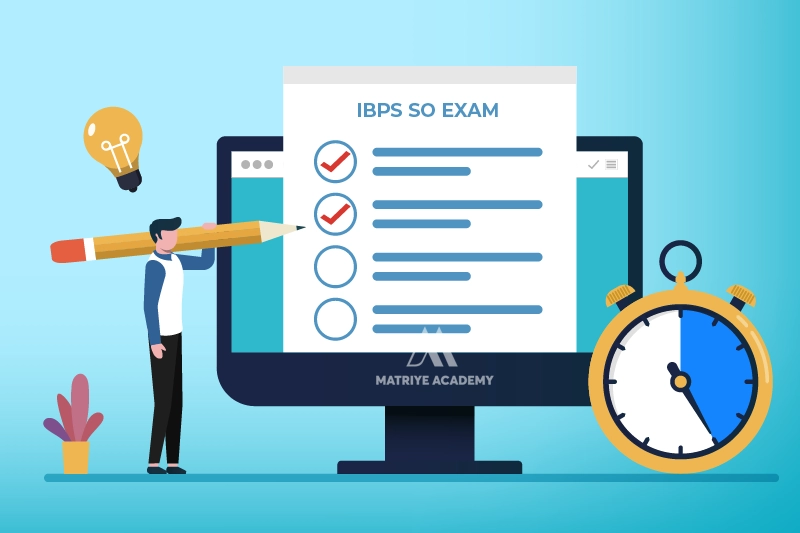

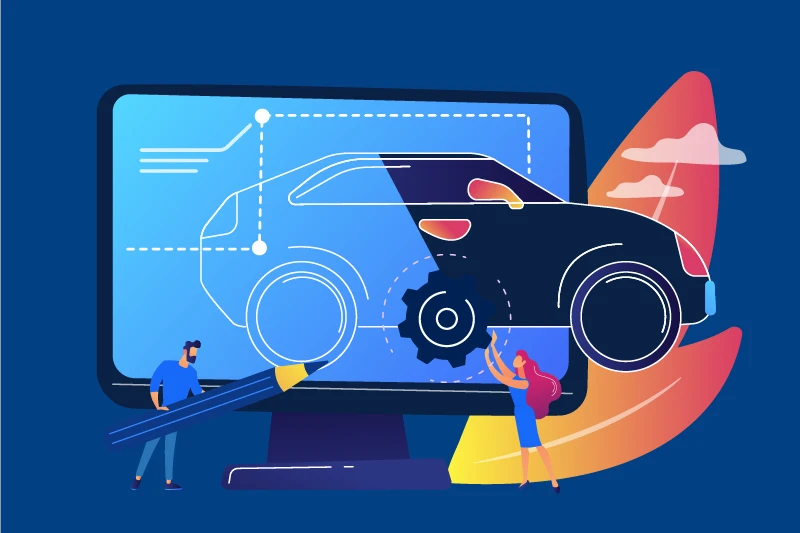
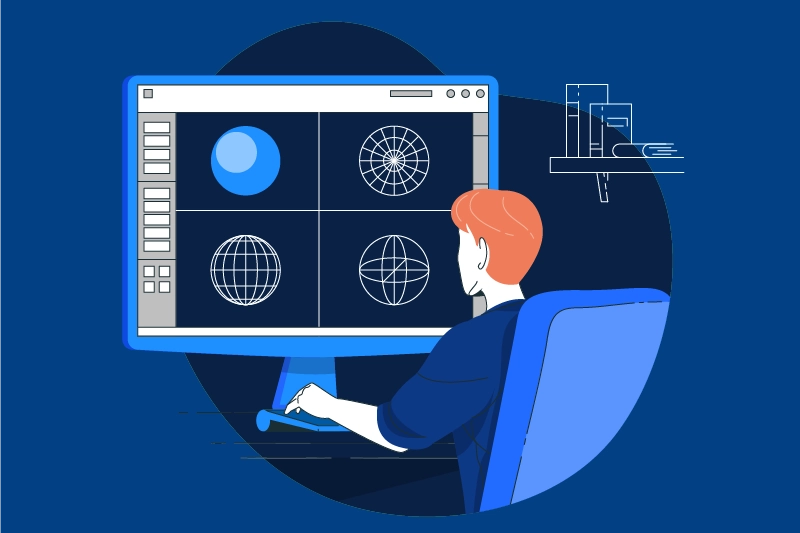





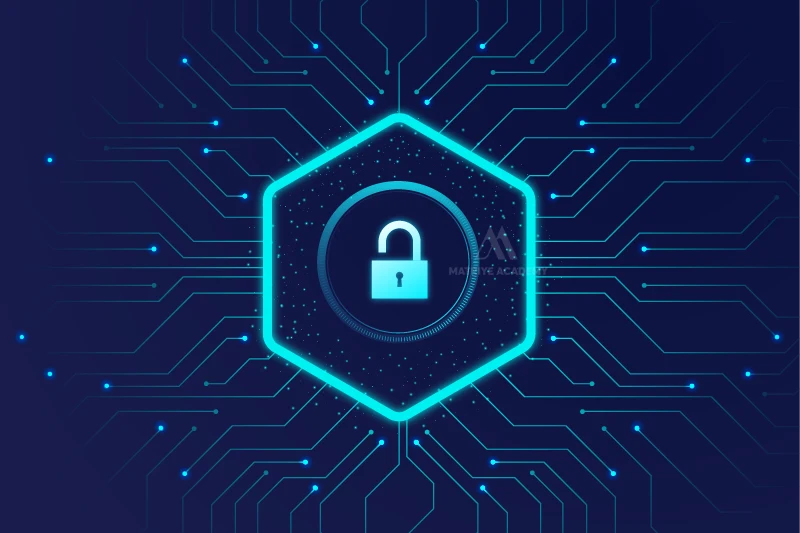








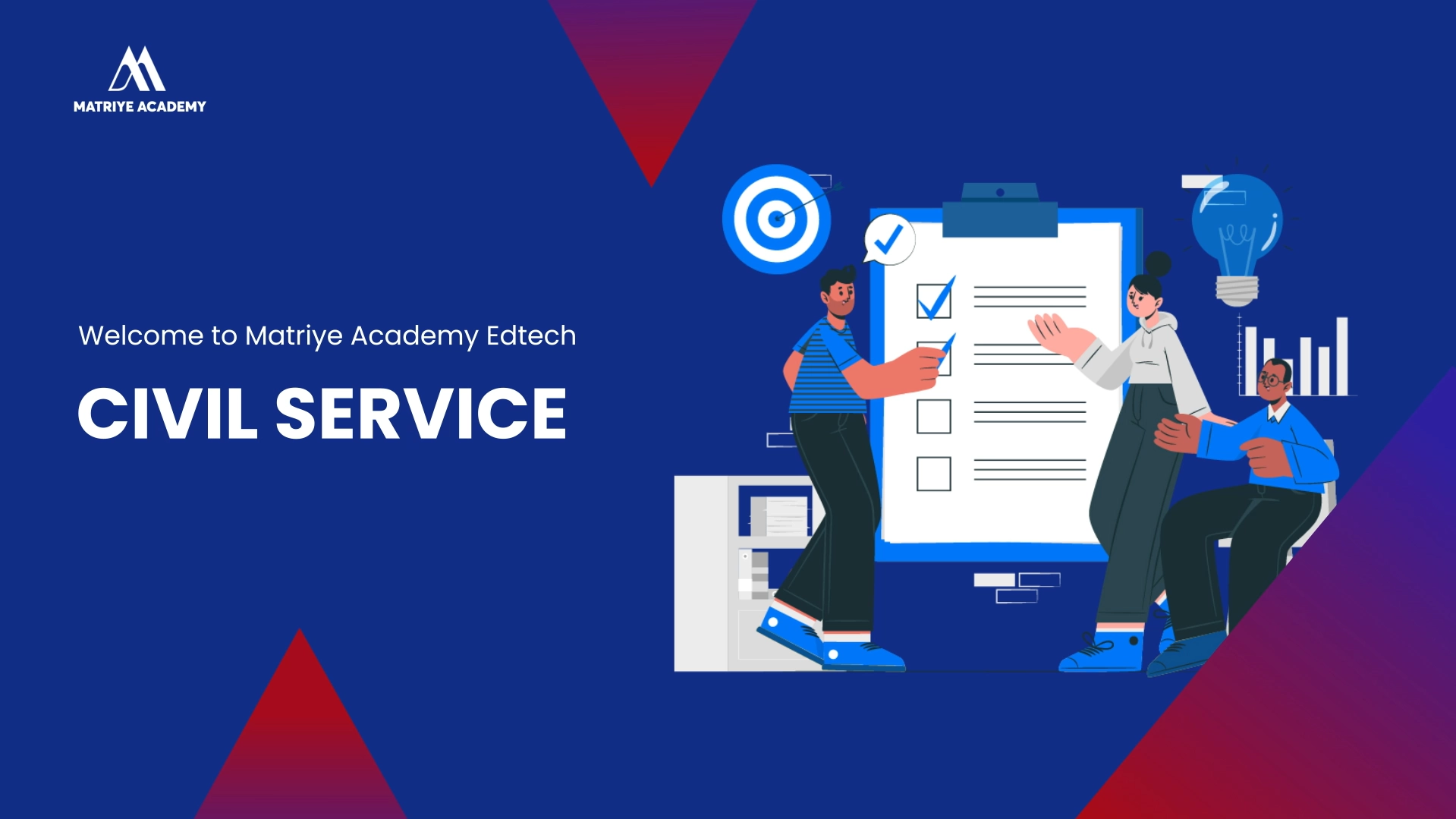



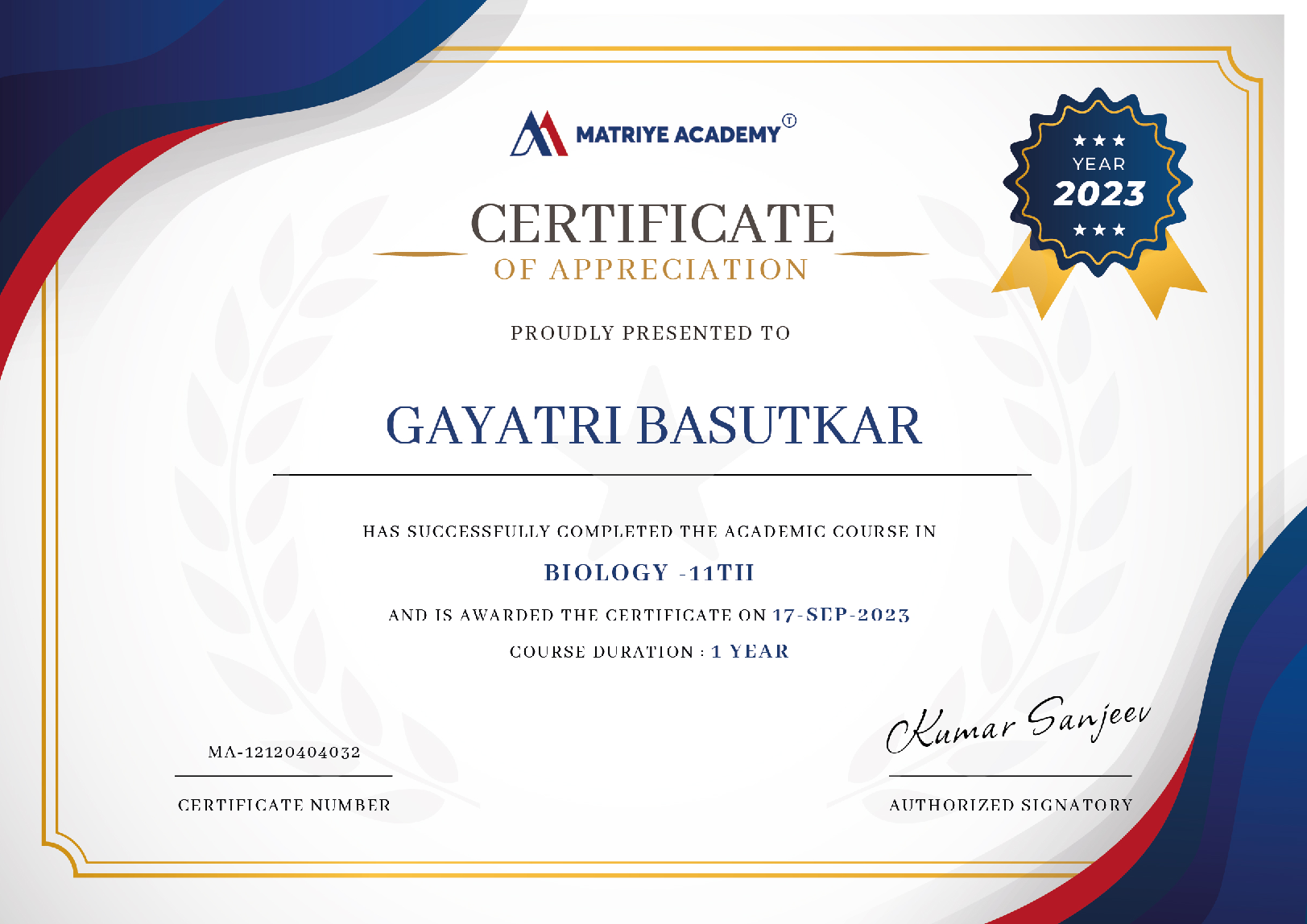





Leave A Comment